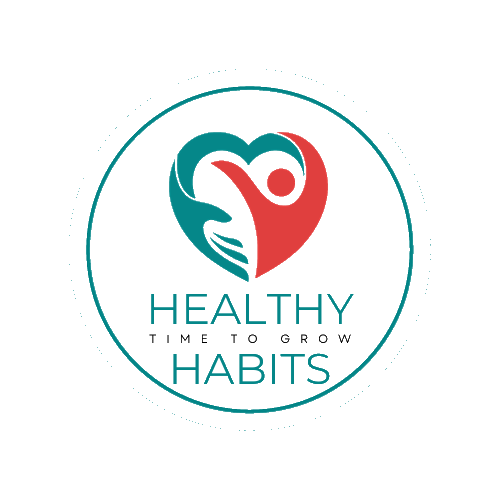“`html
Research Reveals Link Between Depression and Severe Menstrual Pain

Menstrual pain is a common issue that a significant number of women experience during their menstrual cycles. While cramps are often seen as a natural part of menstruation, recent studies have brought to light a concerning link between depression and severe menstrual pain. Understanding this relationship can provide insights for women seeking relief and support. This article delves into the associations revealed by recent research and offers valuable tips for managing both menstrual pain and depression.
The Connection Between Depression and Menstrual Pain
According to a study published in a prominent journal, researchers found that women experiencing severe menstrual pain are more likely to suffer from symptoms of depression. This connection can create a cycle in which menstrual pain exacerbates feelings of depression, and vice versa. Understanding this bidirectional link is crucial for addressing both issues effectively. Here are some key findings from the study:
- The severity of menstrual cramps is correlated with heightened levels of depressive symptoms.
- Women with severe pain report experiencing more anxiety and emotional distress.
- Depressive symptoms may intensify the perception of pain, leading to a vicious cycle.
Understanding Menstrual Pain
Menstrual pain, medically known as dysmenorrhea, affects many individuals and can disrupt daily life. This pain can manifest in various ways, typically ranging from mild discomfort to severe cramping that can immobilize individuals. It’s important to recognize that menstrual pain can vary among individuals and even change over time. The causes of menstrual pain may include:
- Hormonal Imbalances: Changes in hormone levels leading up to and during menstruation can cause increased uterine contractions.
- Underlying Health Issues: Conditions such as endometriosis or fibroids can exacerbate menstrual pain.
- Psychosocial Factors: Emotional and psychological well-being can play a significant role in how pain is experienced and managed.
Understanding Depression
Depression is a multifaceted mental health condition that can affect anyone, regardless of age or gender. Symptoms can vary from mild to severe and may include:
- Persistent sadness or low mood
- Loss of interest in activities once enjoyed
- Changes in appetite or weight
- Fatigue or lack of energy
- Difficulty concentrating or making decisions
Recognizing the signs of depression is essential for timely intervention. Women dealing with both menstrual pain and depression may find that their physical pain contributes to emotional distress, creating a compounded experience of suffering.
The Vicious Cycle of Pain and Depression

The interplay between severe menstrual pain and depression establishes a complex relationship. As menstrual pain intensifies, mood may be adversely affected, leading to increased feelings of hopelessness and anxiety. Conversely, individuals experiencing depressive symptoms may become more sensitive to pain, worsening their perception of menstrual cramps.
Combating Menstrual Pain and Depression
Finding effective ways to manage both menstrual pain and depression is critical for improving the quality of life for many women. Here are several strategies that may help:
1. Consult Healthcare Professionals
Engaging with healthcare providers is important for getting a tailored approach to managing symptoms:
- Discussing pain management options, including over-the-counter medications and prescription treatments.
- Exploring therapy options, such as cognitive-behavioral therapy (CBT), which has proven effective for both pain and depression.
2. Implement Lifestyle Changes
Simple lifestyle changes can significantly impact both menstrual pain and mood:
- Regular Exercise: Engaging in physical activity can release endorphins, the body’s natural pain relievers, and improve mood.
- Healthy Eating: A balanced diet rich in fruits, vegetables, and whole grains can support overall health and potentially reduce cramps.
- Sleep Hygiene: Ensuring adequate sleep each night can help mitigate feelings of depression.
3. Consider Alternative Therapies
In addition to traditional medical treatments, exploring alternative therapies can also aid in symptom relief:
- Herbal Remedies: Some find relief from menstrual pain through herbal treatments; however, consult

Pingback: 10 Quick and Easy Plant-Based Recipes for Rapid Weight Loss - The Healthy Habits Hub